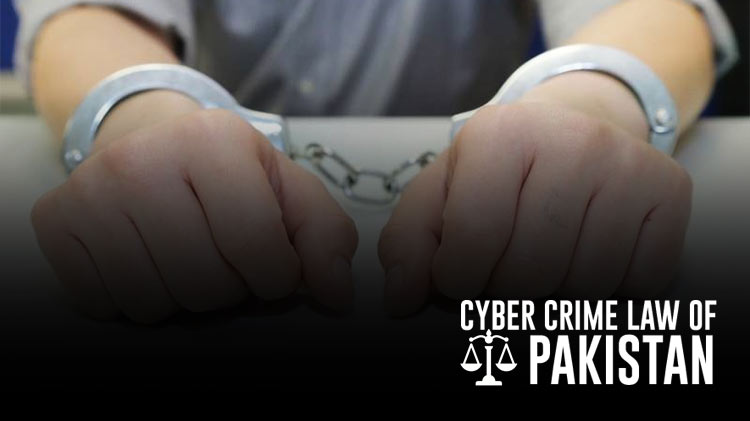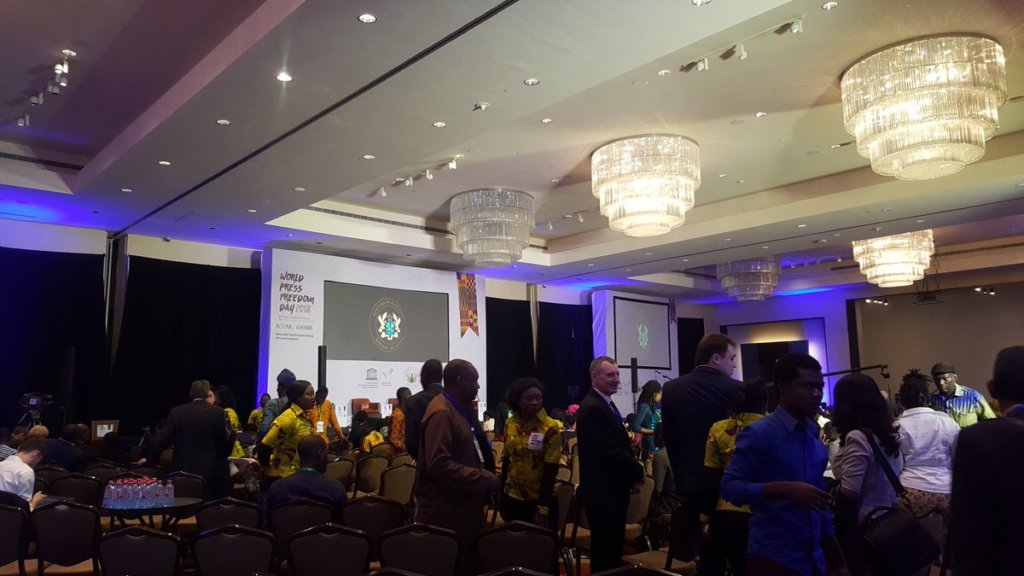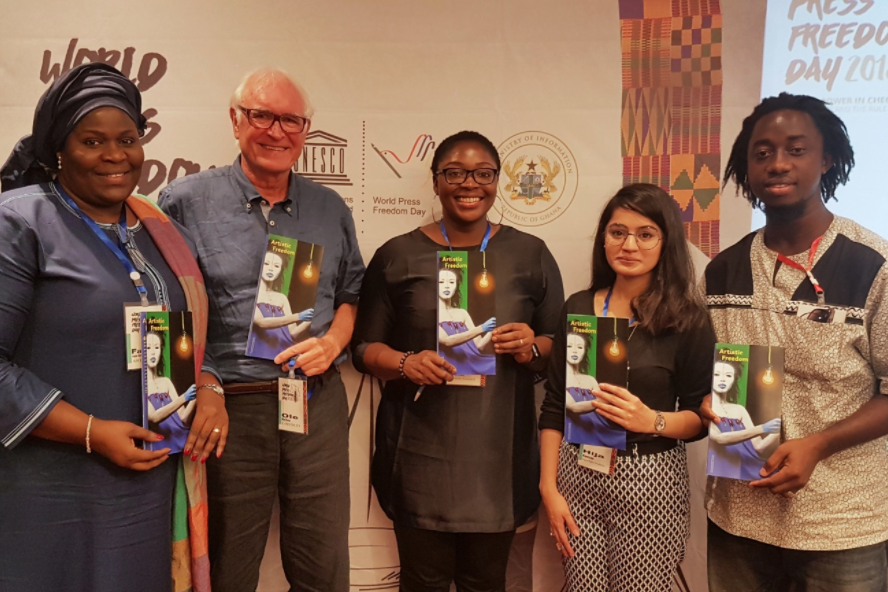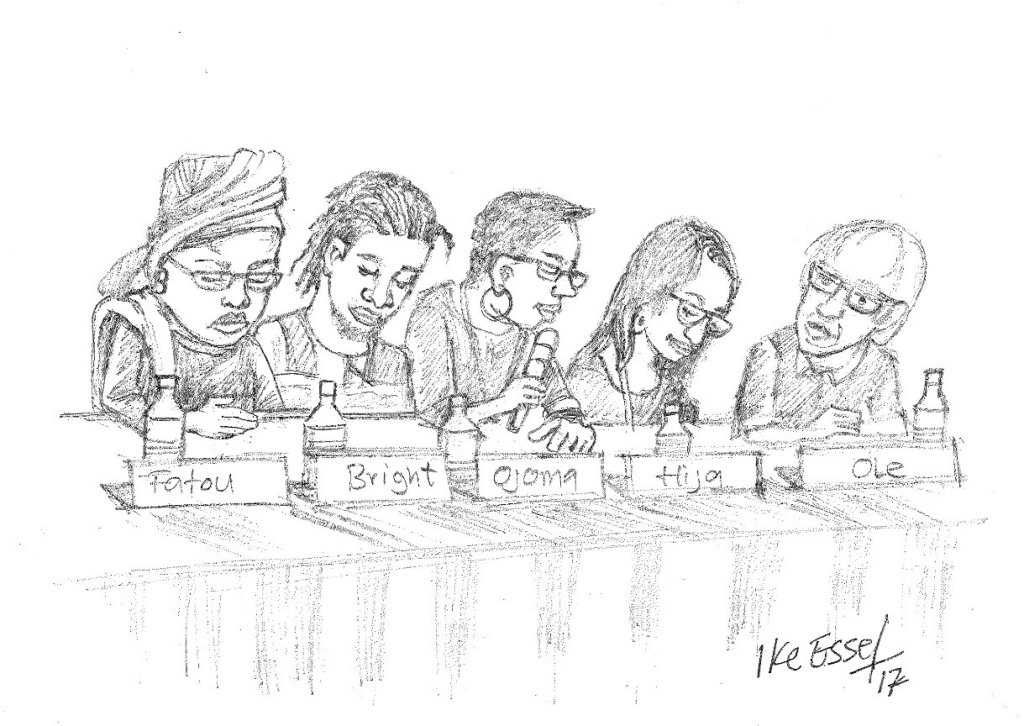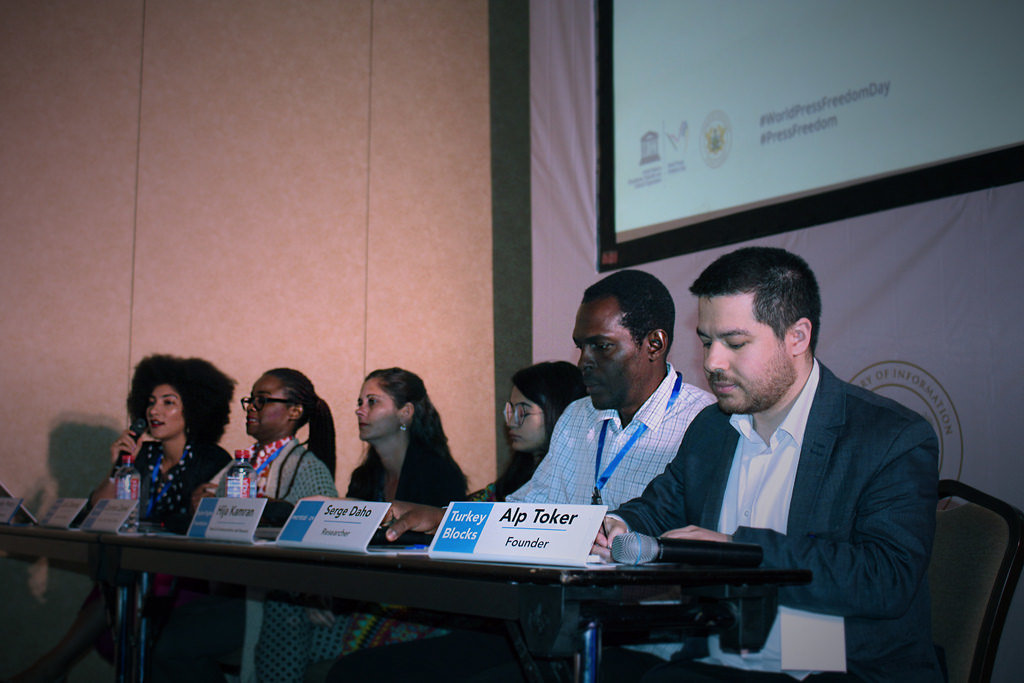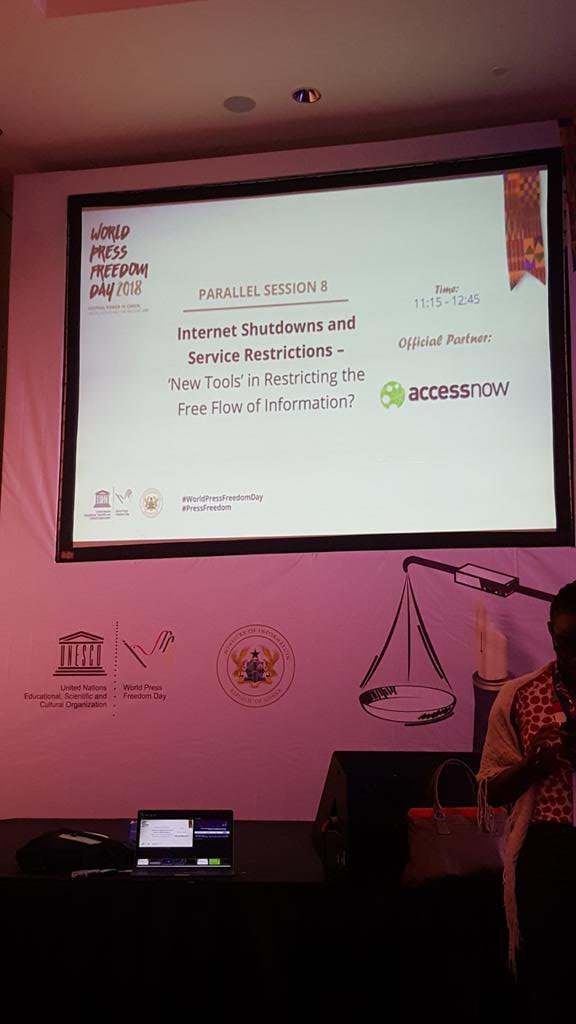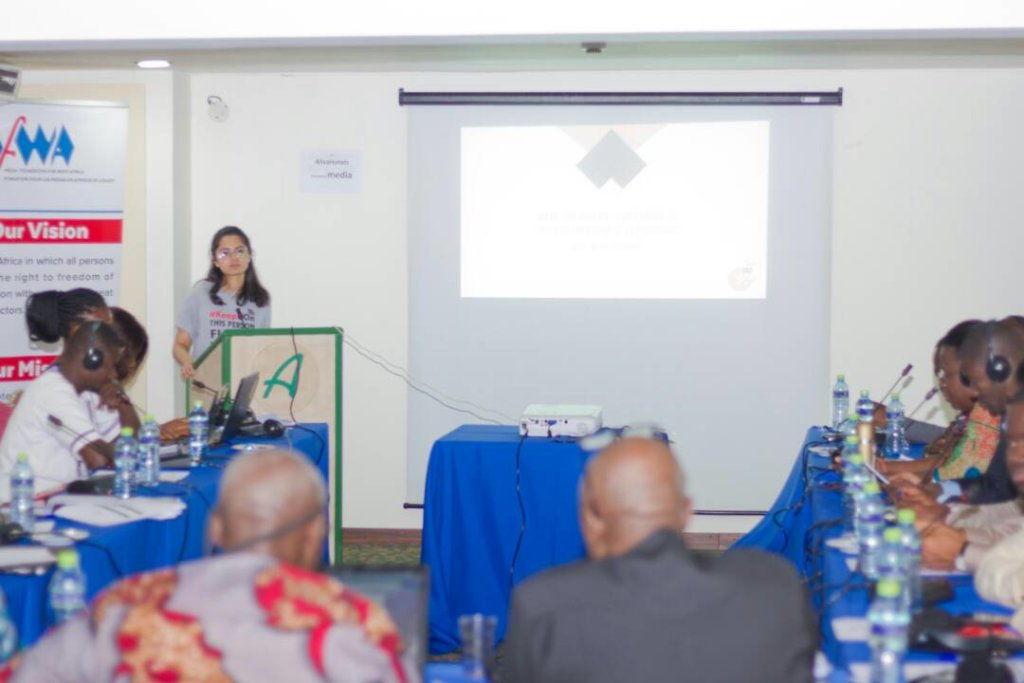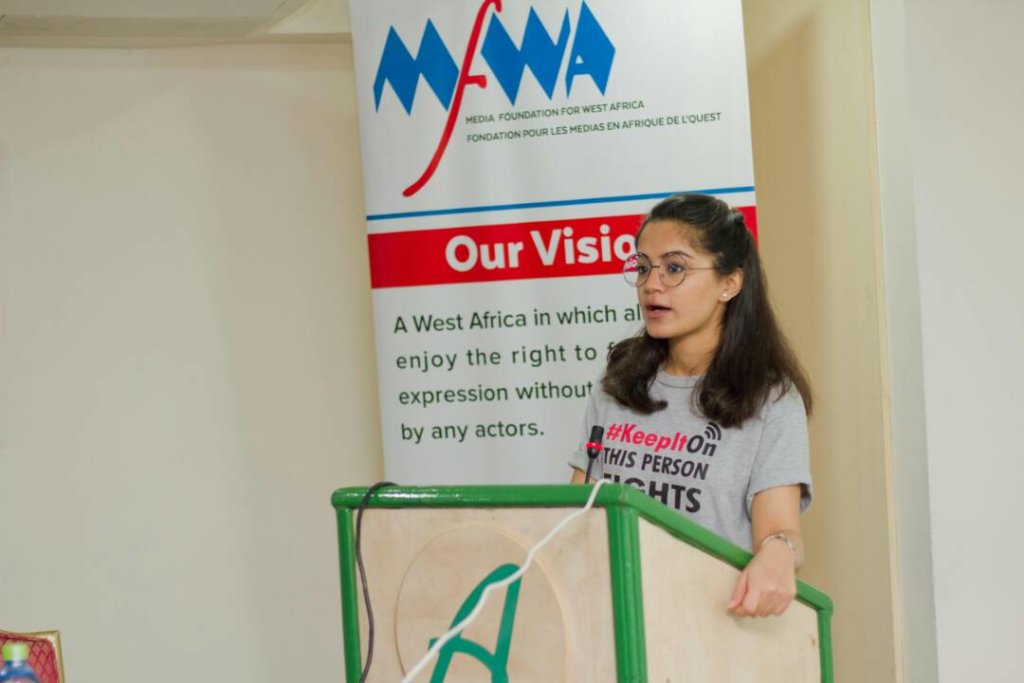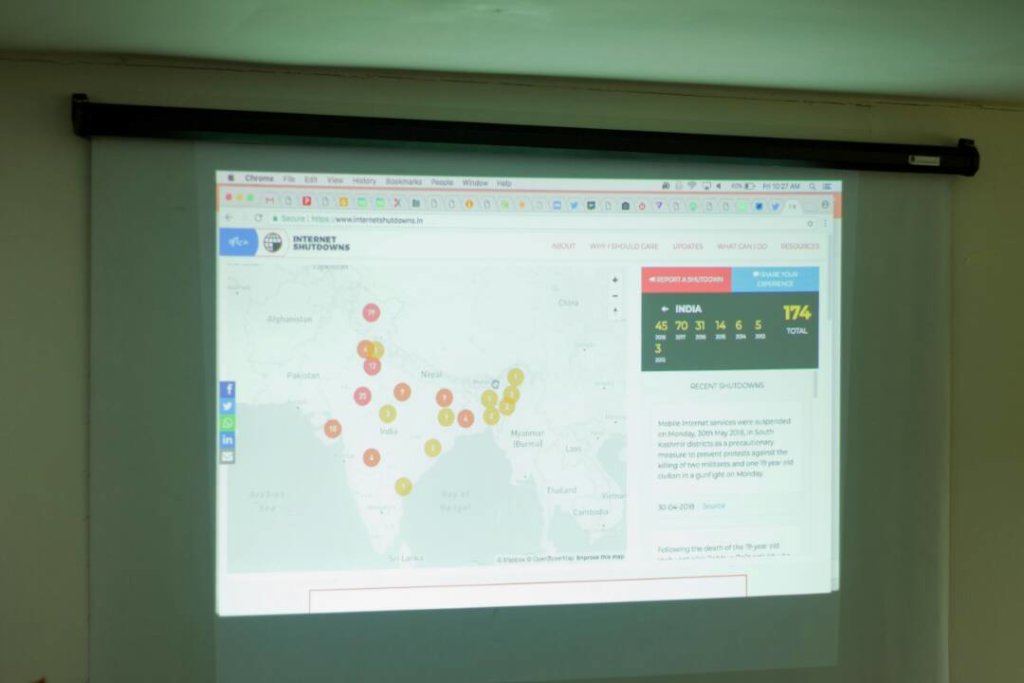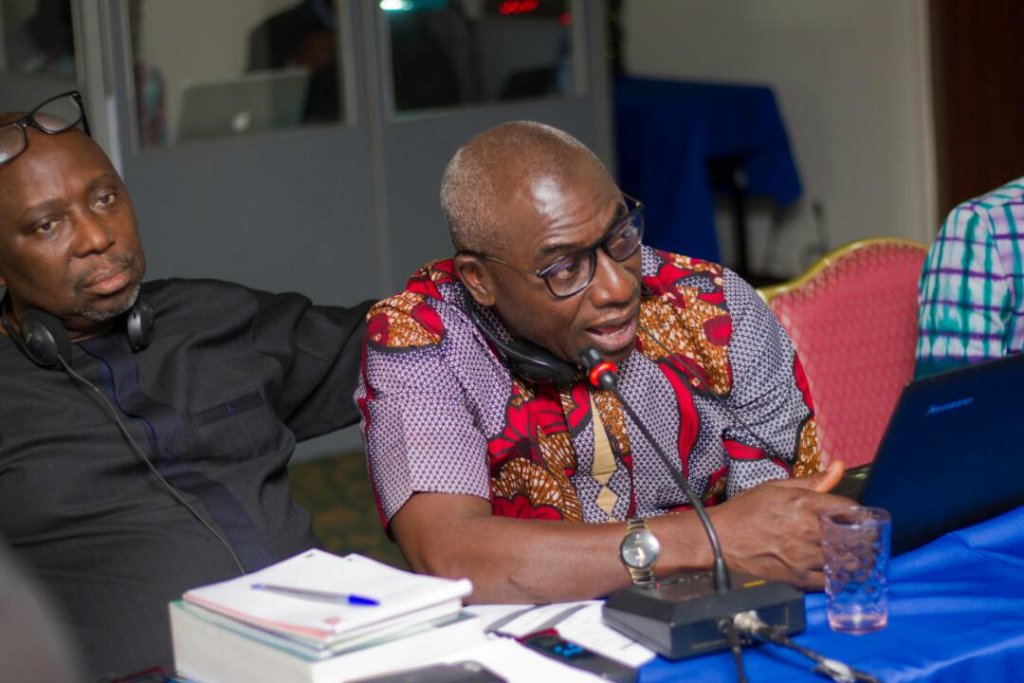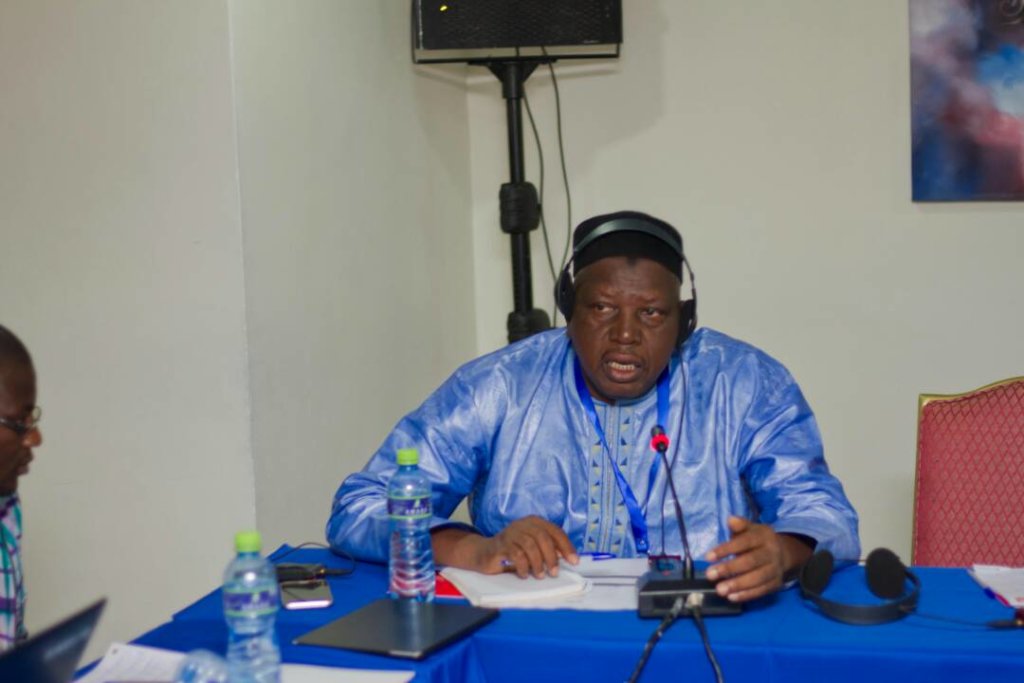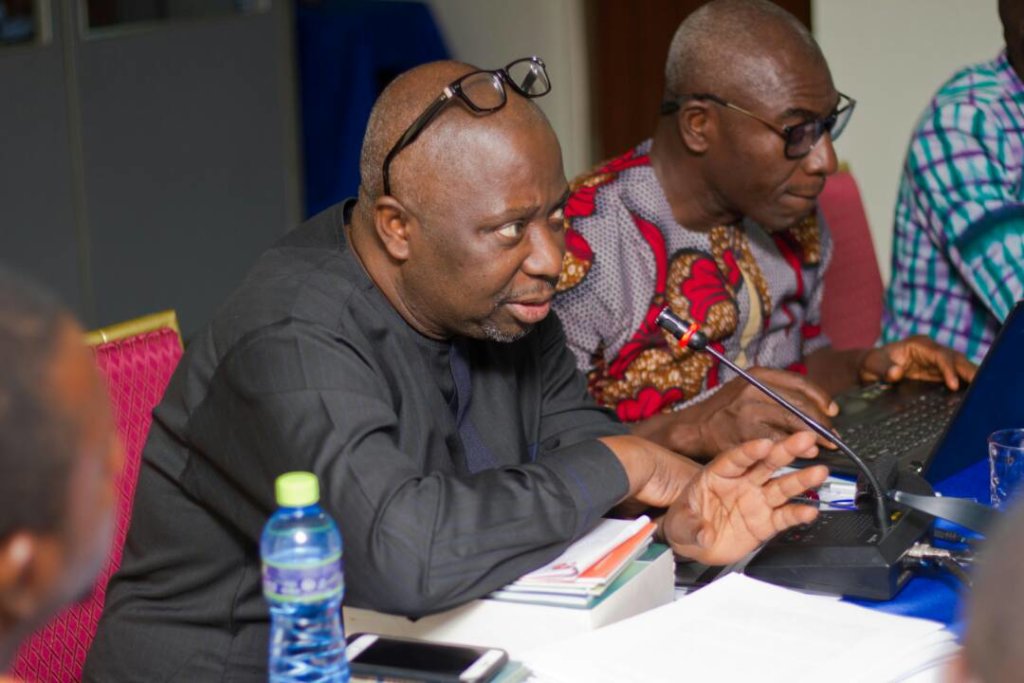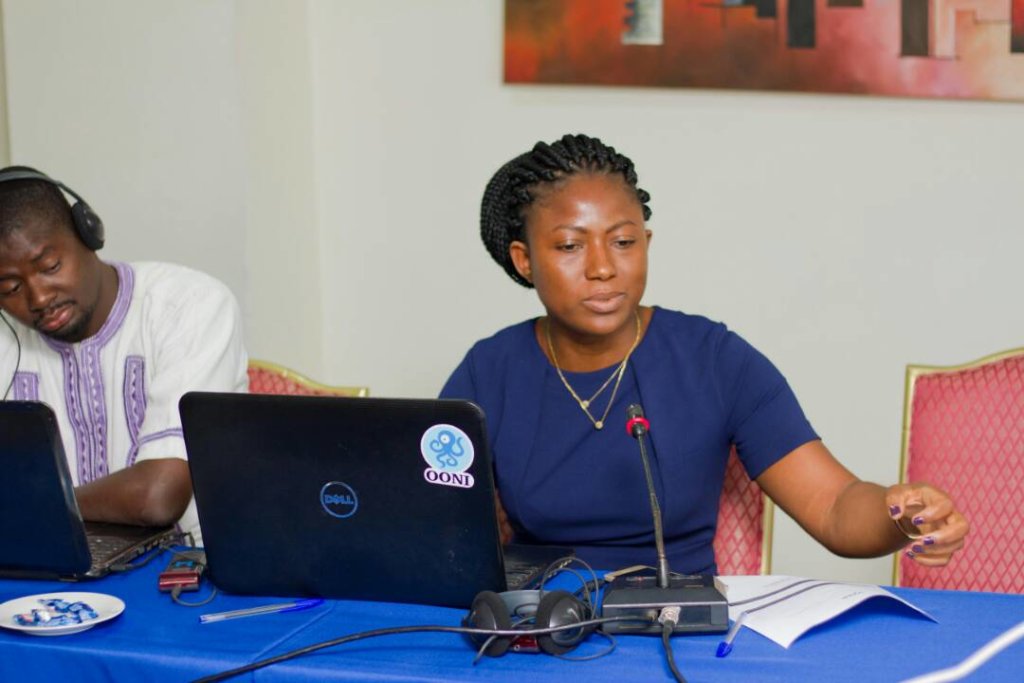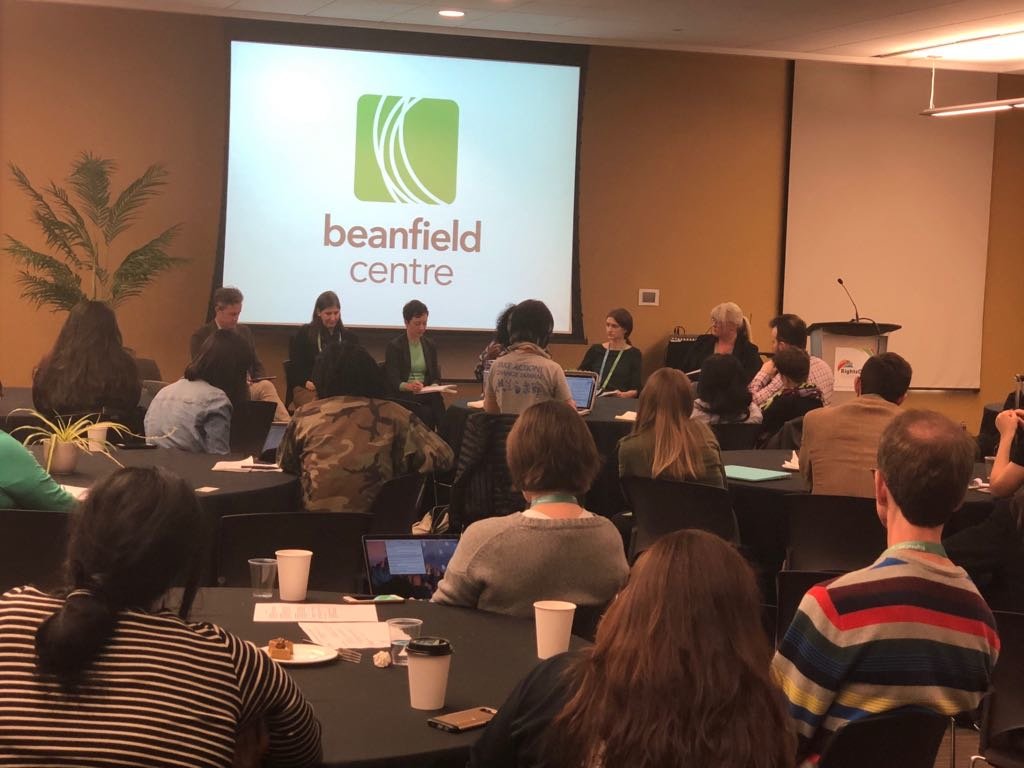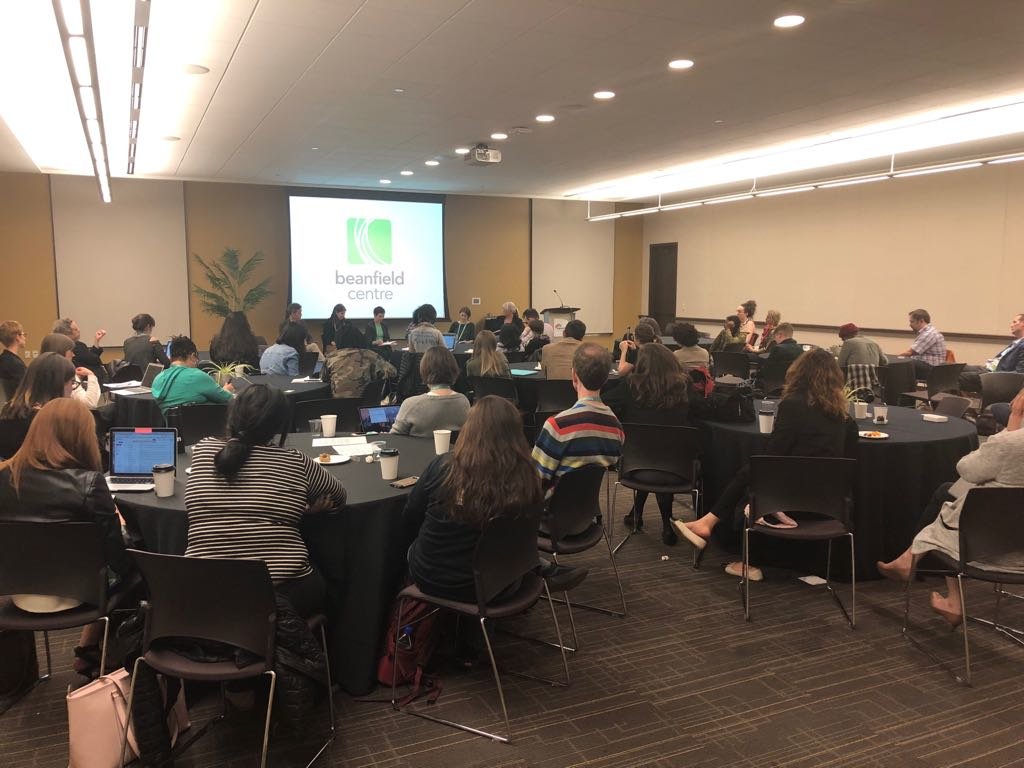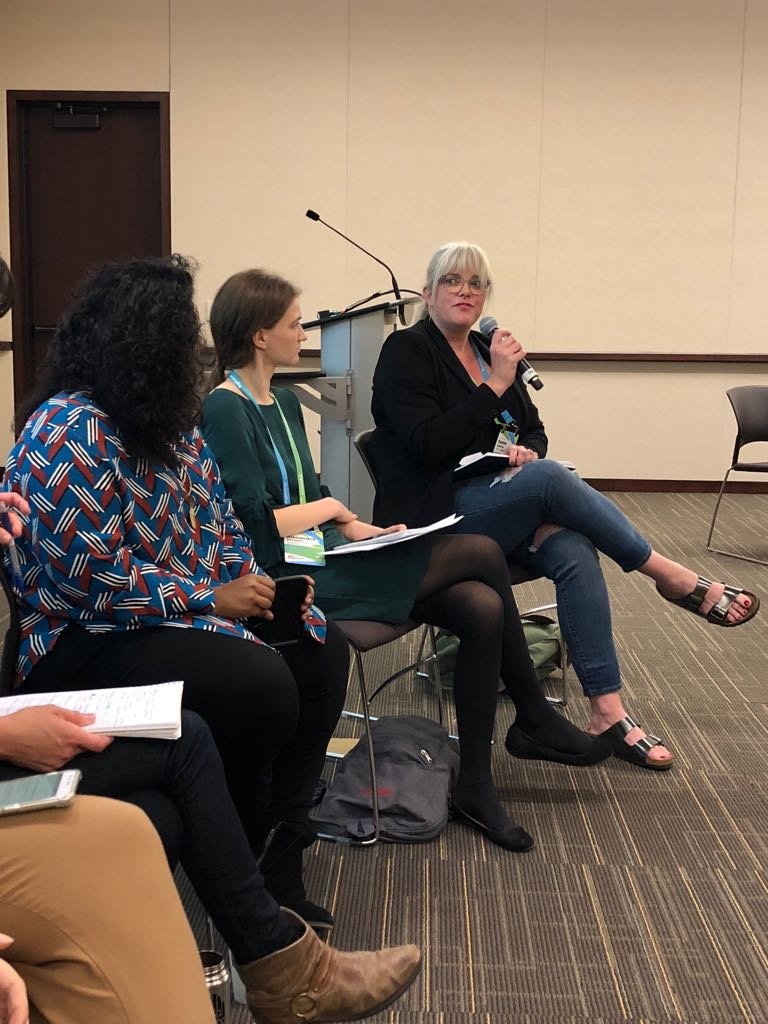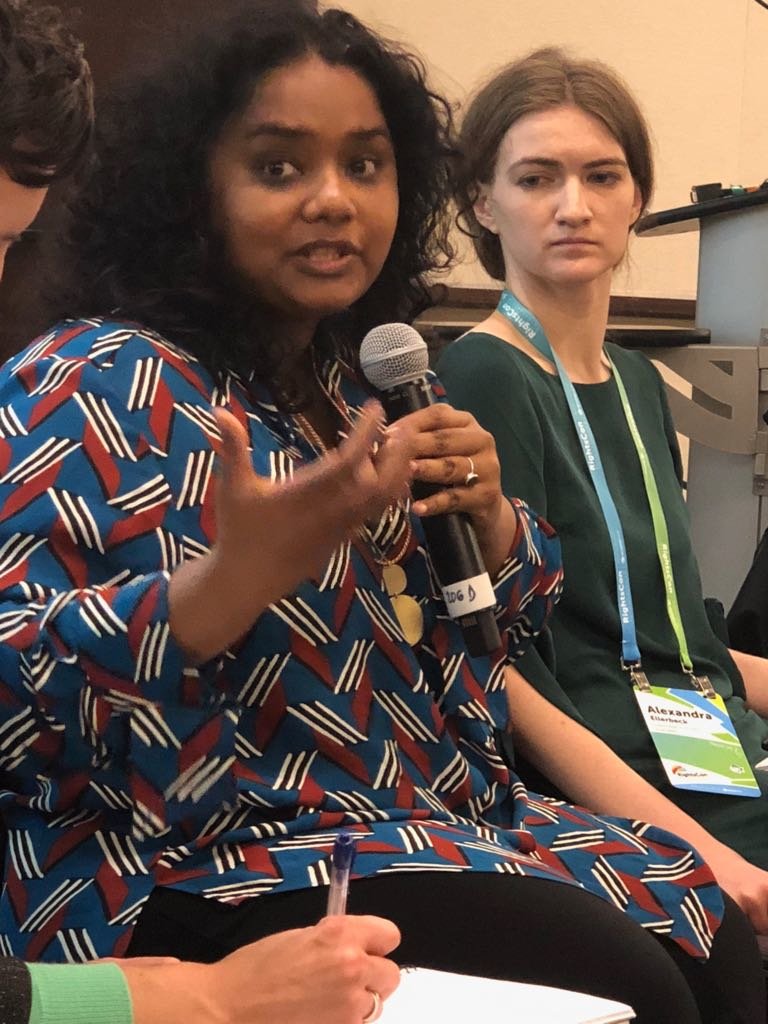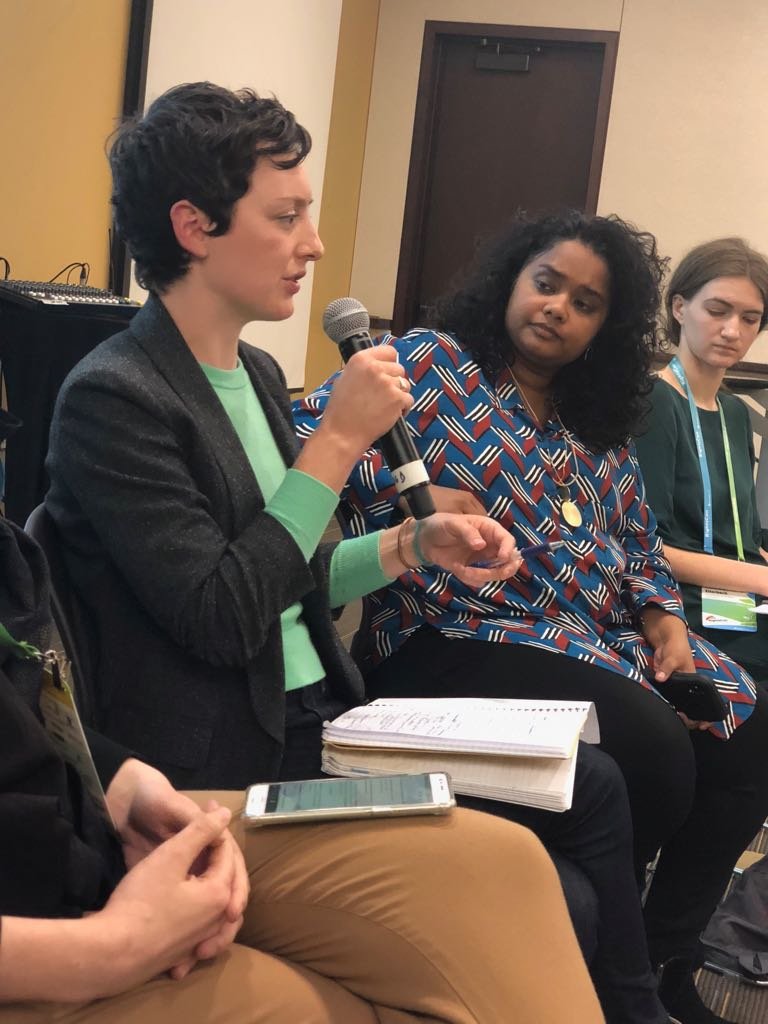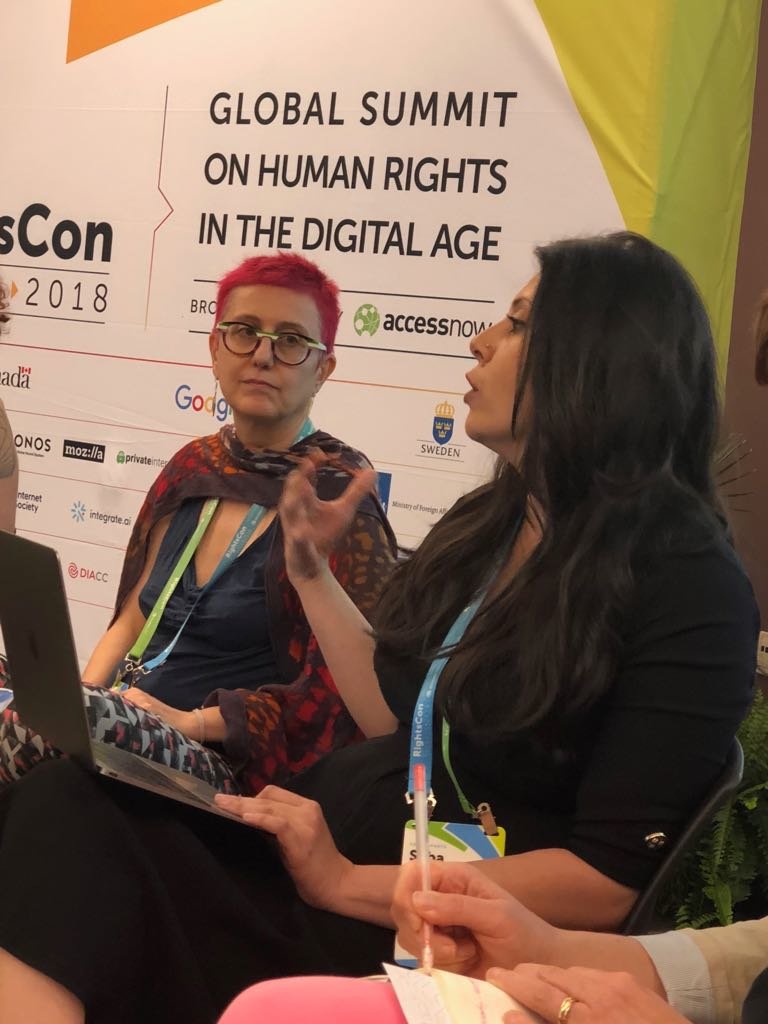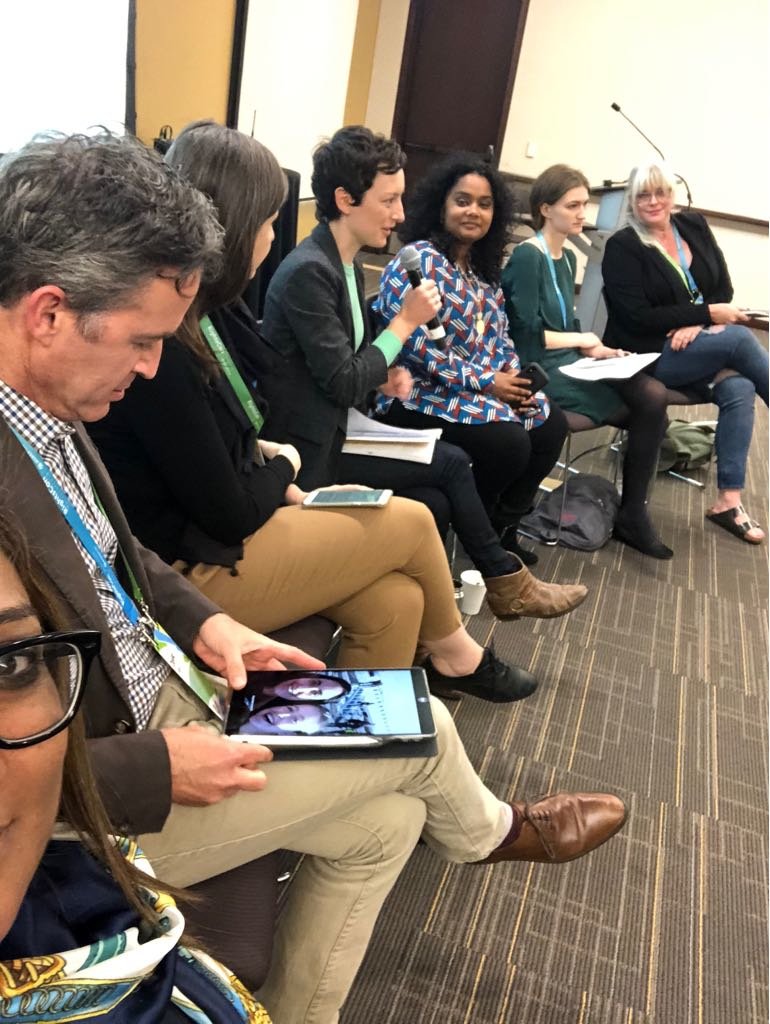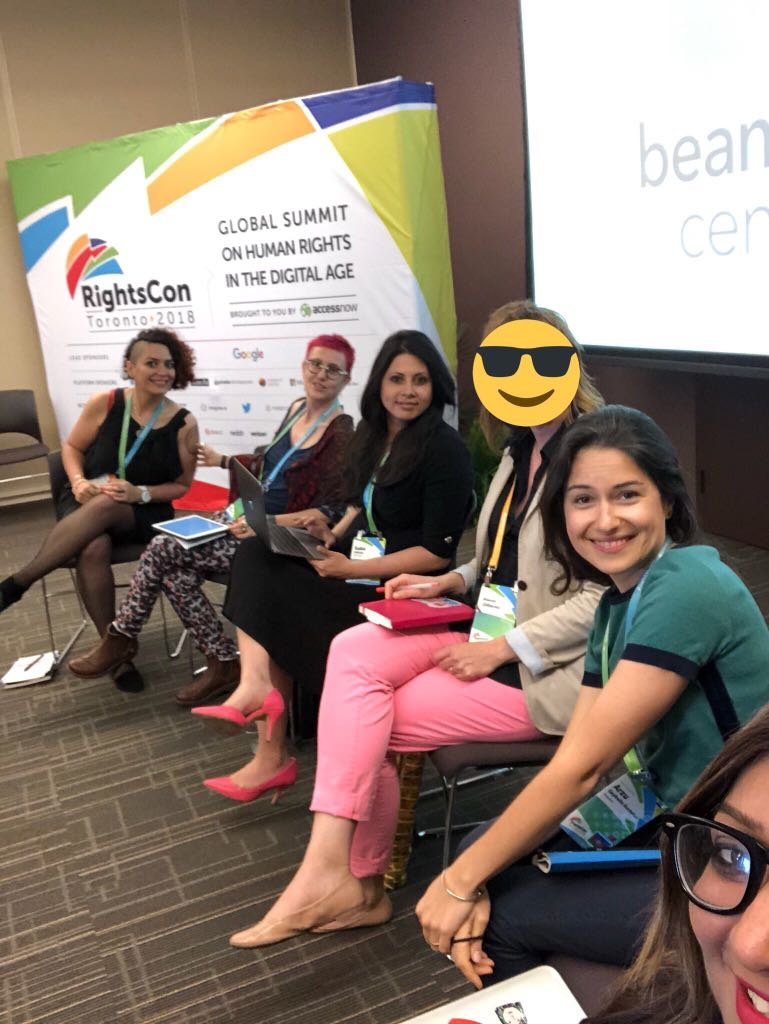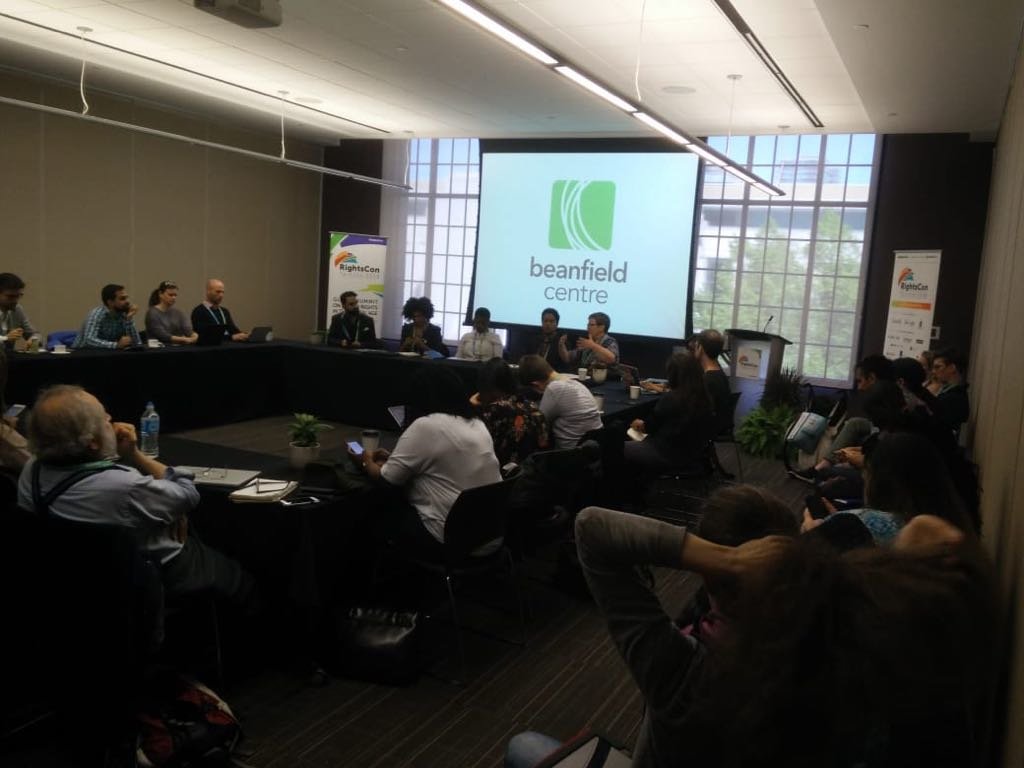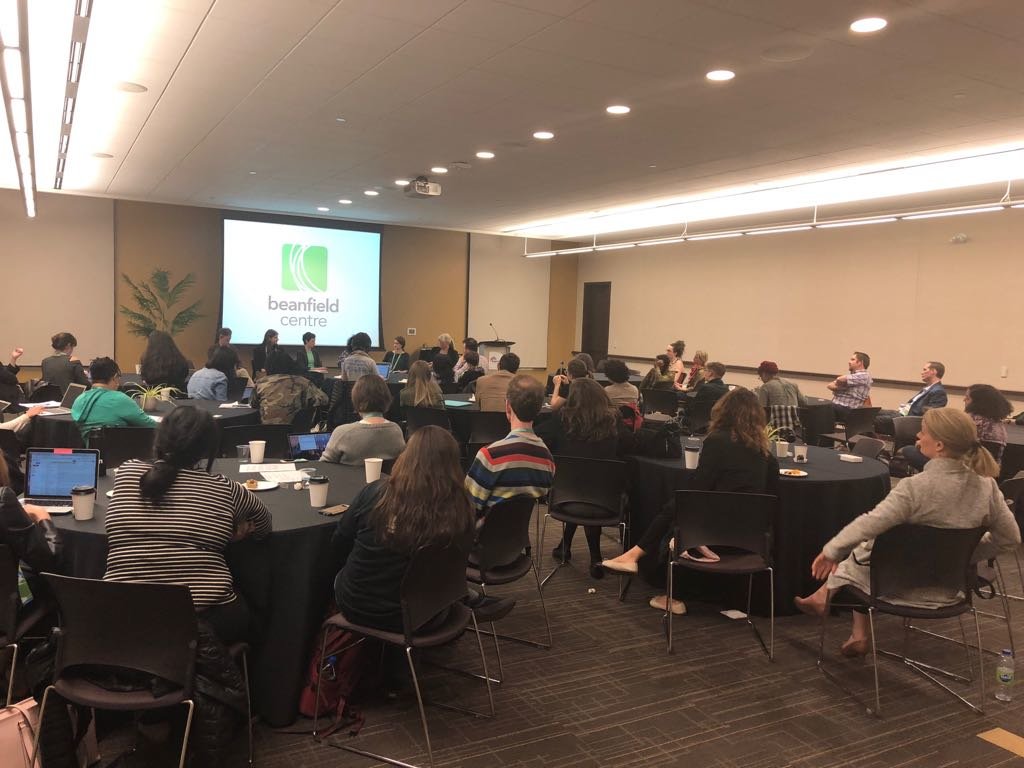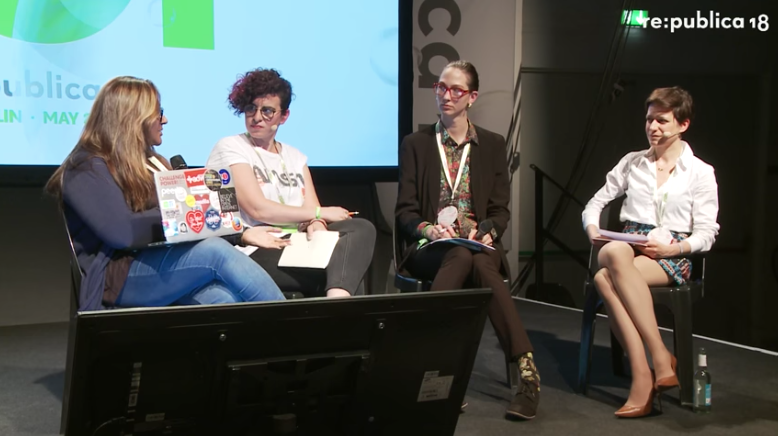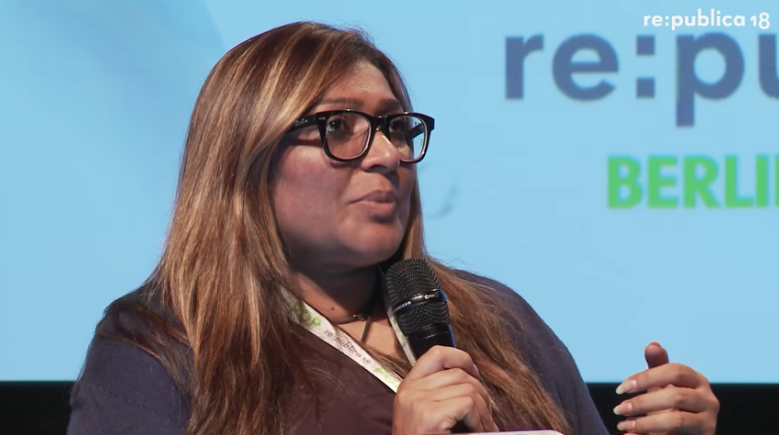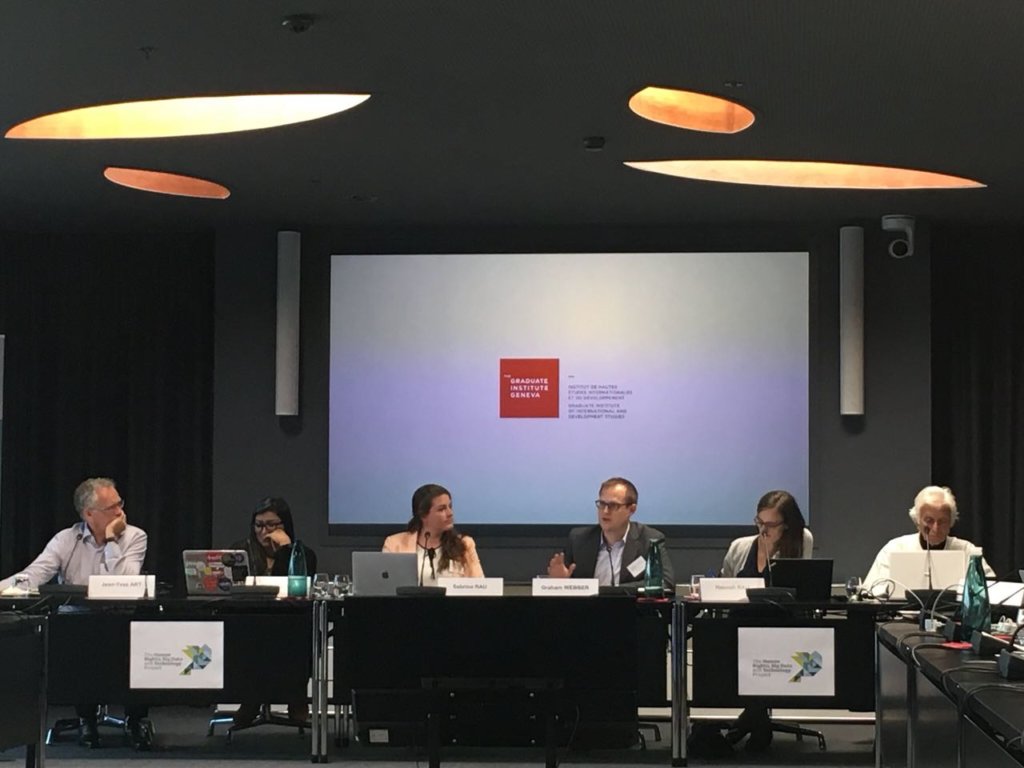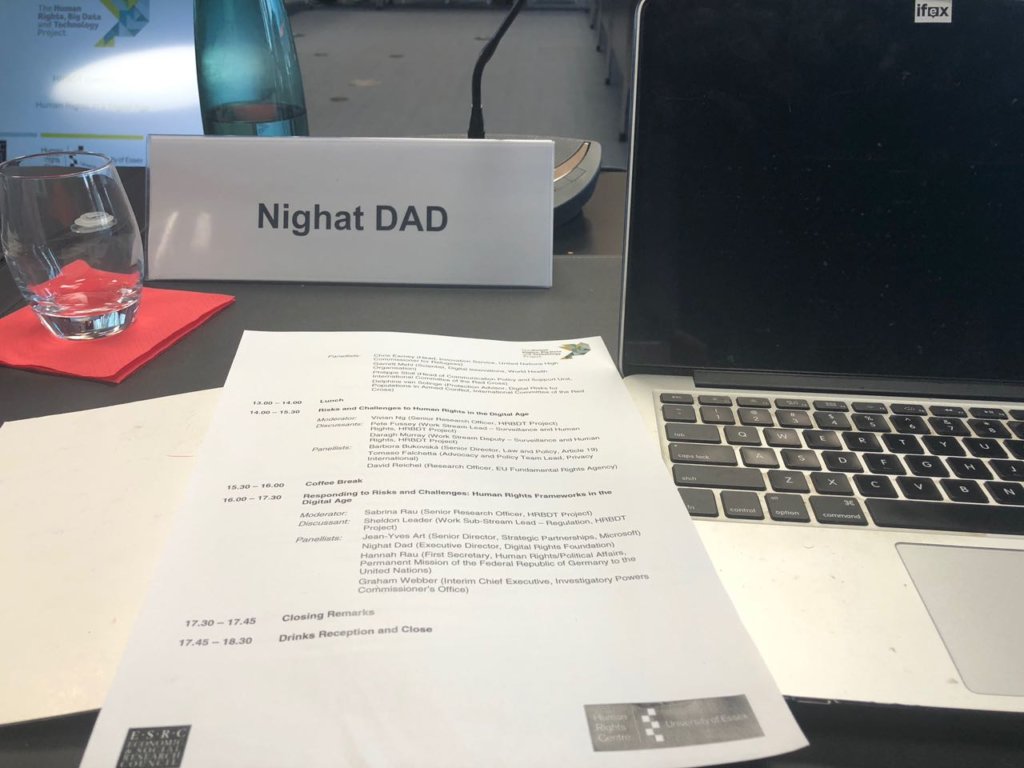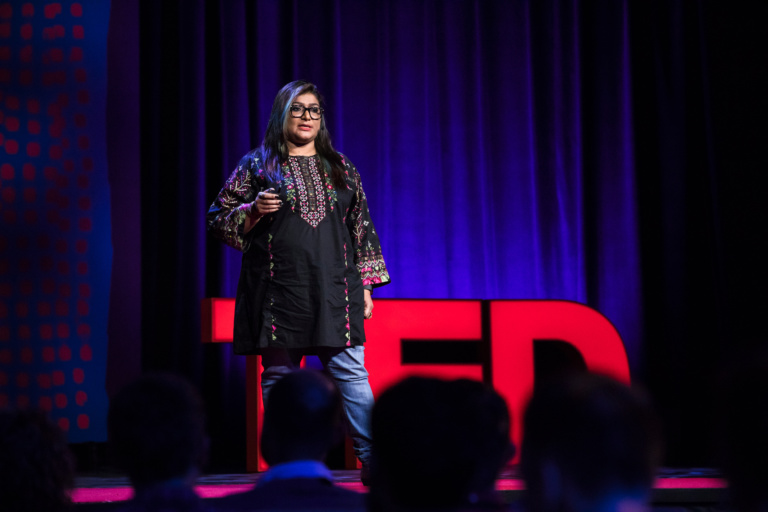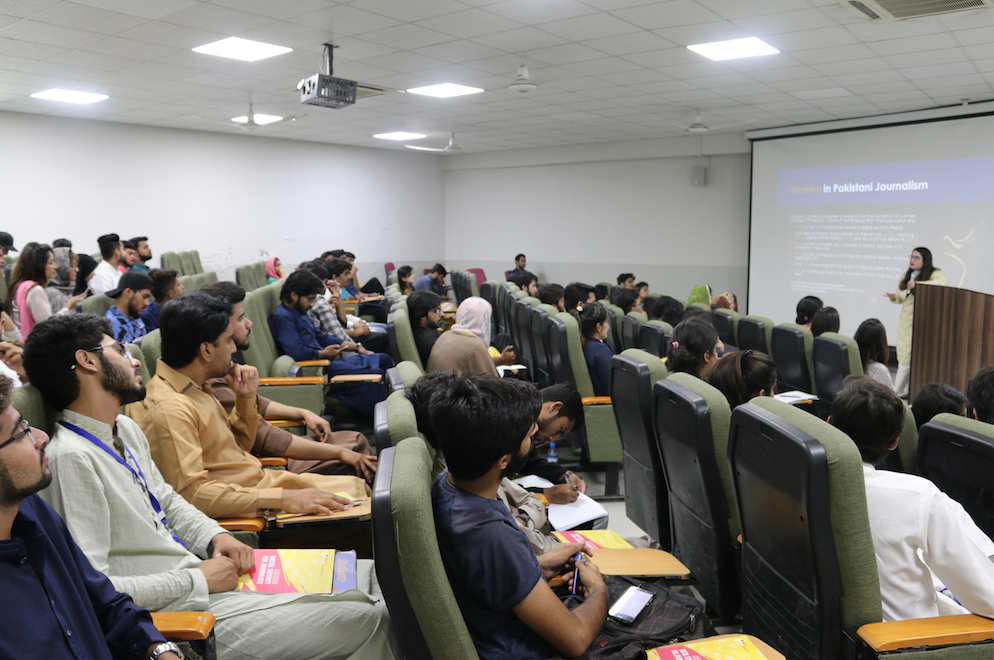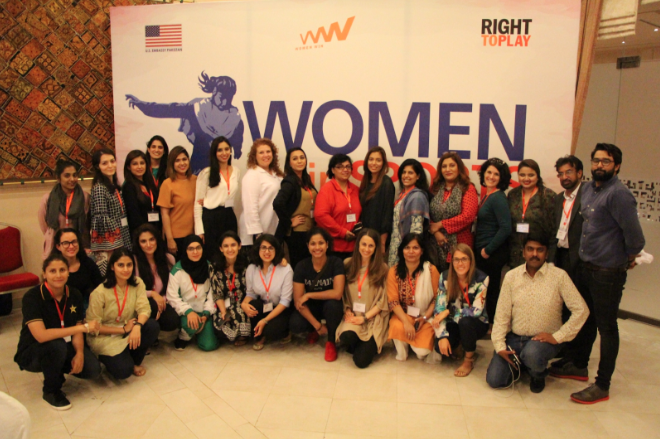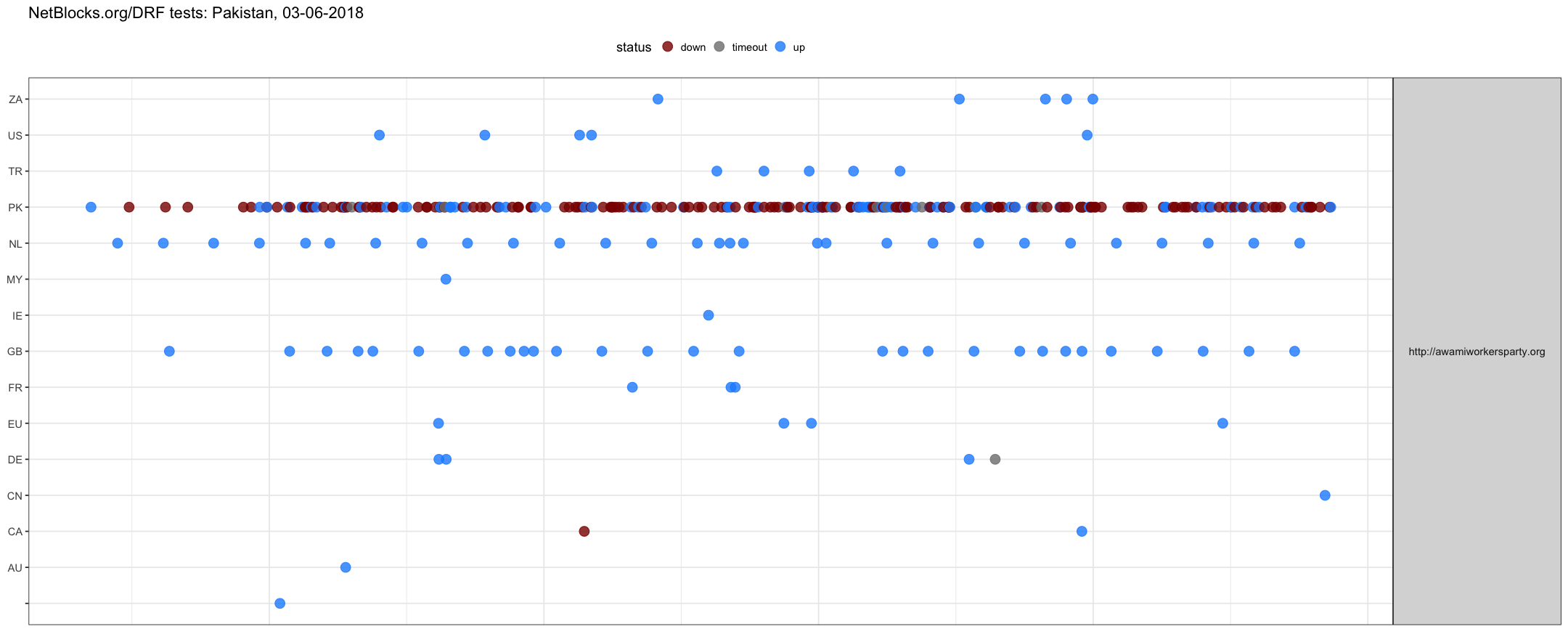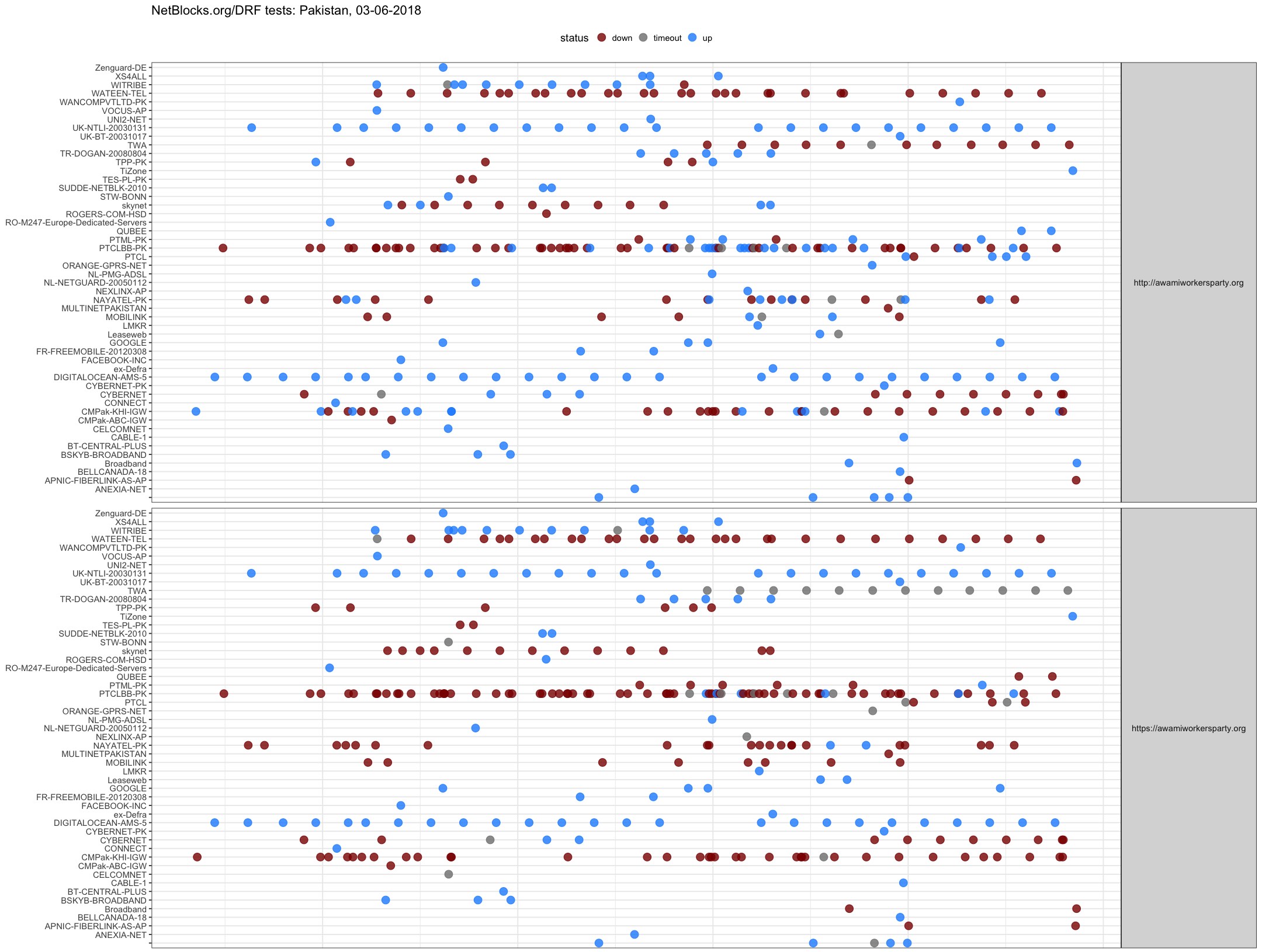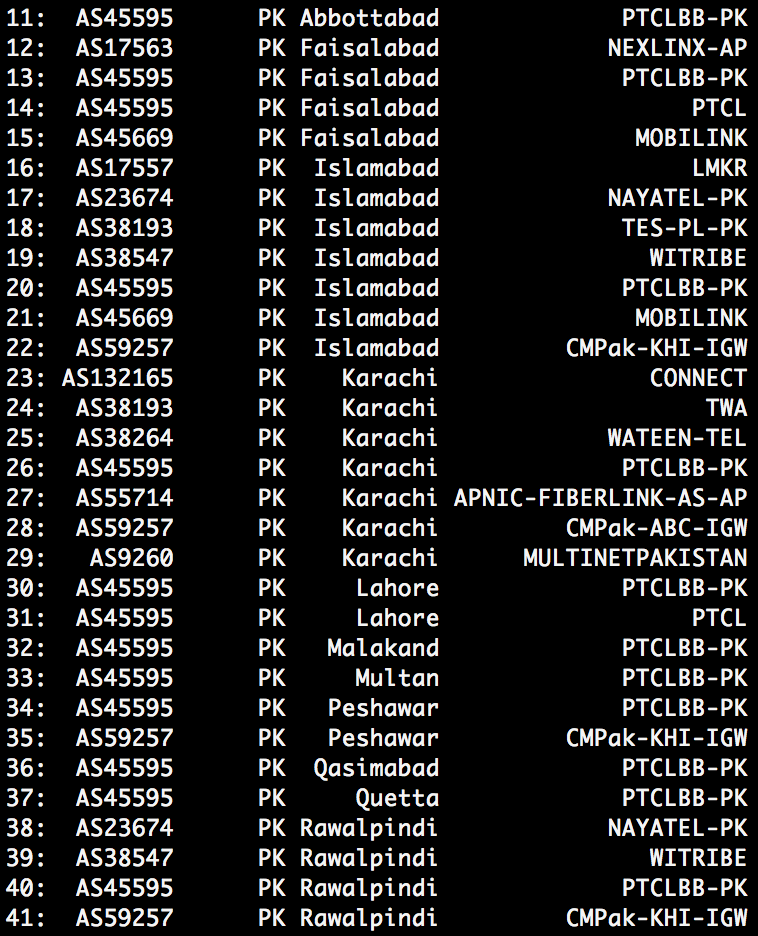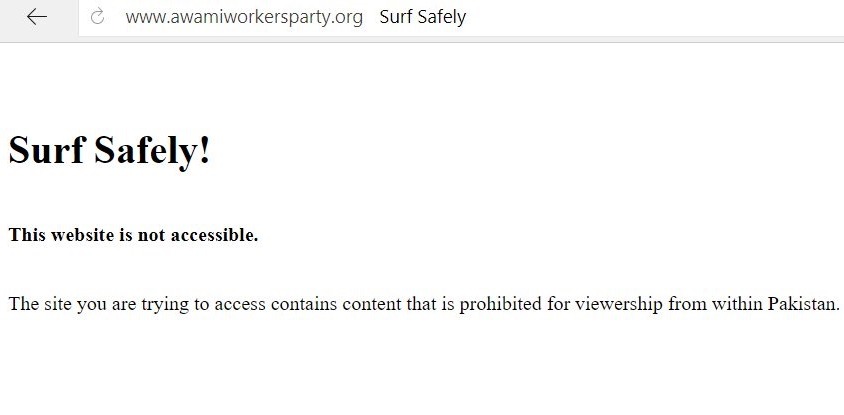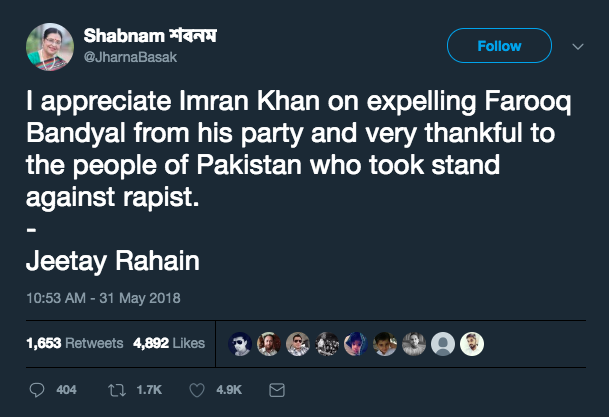Contact the NetBlocks internet measurement project: @netblocks
June 20, 2018 - Comments Off on Man convicted under cybercrime law for child pornography
Man convicted under cybercrime law for child pornography
Following in the stead of his predecessor, Judicial Magistrate Aamir Raza Baitu has issued a judgement under section 22 of the Prevention of Electronic Crimes Act (PECA) 2016 [PDF]. This development comes on the heels of another important judgement on online harassment and blackmailing which was reported here and which spoke to the potentially positive impact that the otherwise draconian Act can have if employed within reason.
The defendant in this case was accused by the Cyber Crime Circle of the Federal Investigation Authority (FIA), of possessing, transmitting and producing pornographic pictures and sexually explicit videos by casting children between the ages 10 and 12 in them and then transmitting those pictures and videos to his agent, A , in Norway. The complainants in this case were not the affected children, but the FIA itself, as child pornography is one of the few offences where the FIA can take cognizance. The report further asserts that the accused committed monetary fraud and received payments through Western Union and MoneyGram for the same.
The timeline of events states that an enquiry dated 14th November, 2016 was initiated upon the receipt of information from a Nordic Police Liaison Officer of the Royal Norwegian Embassy through the Director General FIA which revealed that a Pakistani national was involved in the sexual assault of children who were being physically abused by him and videos and pictures of the same were being sent to an individual, named Jan Lindstrom, in Norway who was also involved in illegal child migration and exploitation. The report also mentioned that the convict along with an accomplice is part of a larger pedophile network, operating online from Pakistan.
The charge against the accused was framed on the 23rd of September, 2017 to which he pleaded not guilty and claimed his right to trial. The prosecution’s evidence was summoned, which had amassed as many as 11 witnesses including a Senior Investigator involved in the raid conducted at the accused’s house and subsequent recovery of digital media. Other witnesses included the forensic expert who worked the case, a Judicial Magistrate and an FC/FIA at the Cyber Crime Circle, Lahore. Channeled the witnesses’ testimonies and financial transactions along with ocular evidence to prove guilt.
The judgement was issued by Judicial Magistrate Baitu on the 26th of April, 2018 where he opined that the court had reached the conclusion that the prosecution had established its case beyond doubt and that the penal provisions of law i.e under s.22 PECA (which is reproduced below) are fully attracted against the accused. In so far as the application of remaining offences are concerned, the prosecution has failed to establish these offences against the accused.
- 22. Child pornography ------- (1) Whoever intentionally produces, offers or makes available, distributes or transmits through an information system or procures for himself or for another person or without lawful justification possesses material in any information system, that visually depicts-----
- a minor engaged in explicit sexual conduct
- a person appearing to be a minor engaged in sexually explicit conduct; or
- realistic images representing a minor engaged in sexually explicit conduct; or
- discloses the identity of the minor
The quantum of punishment administered under the above mentioned section sentences the convict to imprisonment for 7 years and a fine of Rs. 12,00,000/-.
While the fact that convictions are being issued against criminals after putting their case through the judicial process is commendable, certain points must be noted:
In this case in particular, the accused is said to belong to a pornographic ring however no more elaboration on that is provided and neither does the Magistrate appear to make any note of possibly following up on this piece of information. Also, as per a newsclip available on Dawn.com published on the 13th of April, 2017 i.e more than a year before the case was adjudicated upon, the then accused appears to admit to the charges filed against him while answering a question on how much compensation he received per video. This is surprising to see as there is also no allusion made to it in the judgement, no elaboration as to what is being done to tackle it or whether it has other members who are Pakistani nationals and so forth.
Coming to the issue of child endangerment and protection itself, the ambit of our judicial system needs to be increased from just focusing on miscreants and felons on an individual level when entities like this pornography-producing mafia are on the rise to avoid another incident like the Zainab case. This case received a lot of media attention and thus put pressure on the government and authorities to expedite the justice process however numerous incidents of a similar nature have come to the surface since then that highlight the flaws of our law and order situation, that have received negligible attention and quite possibly, the same amount of expediency as well.
One of the aims of sentencing is for it to serve as a deterrent for the masses, in the spirit of this, a possible option could be to revise the severity of the punishment attached to crimes committed against the dignity and safety of children, in particular.
Another positive step in the direction is the approval of a Cyber Unit by the Interior Ministry to curb child pornography. Speaking to Pakistan Today an official laid out the idea behind the Unit:
‘‘The basic objective of the unit is to curb the menace of paedophilia and the unit will lead a dedicated team of the FIA personnel that will be equipped with the latest software,”
However what is noteworthy is that this announcement came out on the 2nd of February, 2018 and till the time of publication, no further information on the same has surfaced. The need for efficacy and efficiency in this matter cannot be overstated enough and affirmative steps should be taken without any further ado if the aim of these mechanisms and ideas is to protect the children of Pakistan.
Written by Zainab Durrani

